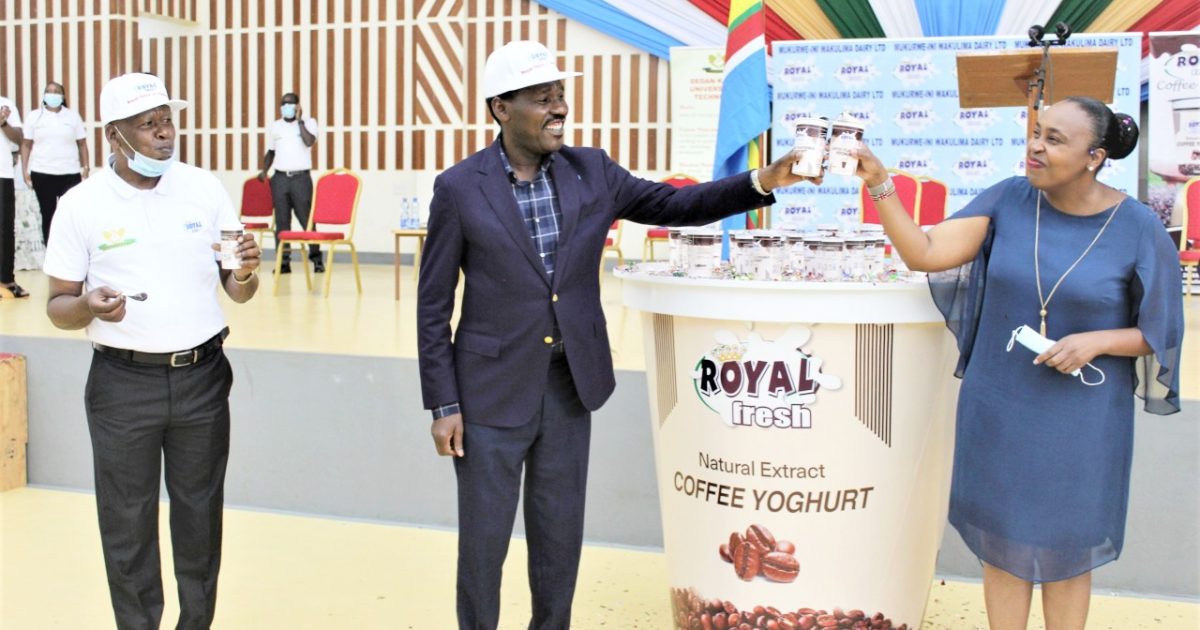Agriculture CS Peter Munya has faulted the Senate Sessional Committee on Delegated Legislation and the Standing Committee on Agriculture, Livestock and Fisheries for rejecting the Crops (Tea Industry) Regulations, 2020.
Munya said it was unfortunate to see the Senate Committees refuse to accede to the regulations that have been subjected to public participation from farmers and other stakeholders before being given a clean bill of health.
“Tea belongs to famers and if they have said that the regulations are good, why then should the Senate Committees rule otherwise?” posed the CS.
He said the move was ill-informed as the reforms were geared towards repositioning the tea industry towards profitability through weeding out cartels and middlemen in the value chain as well as ensuring tea is value added before exportation.
Munya called on the Senate to ensure the regulations are passed once they are brought to the floor of the house on Tuesday next week.
“We are urging Senators from tea growing zones to ensure the regulations are passed so that we can start implementation to improve farmers’ earnings,” he said.
The two senate committees have declined to accede to the reforms and recommended that the Senate annul them in entirety on account that some of the provisions were not in the interest of the counties, having not clearly defined their roles despite agriculture being a devolved function.
The committees further observed that the regulations were overly prescriptive and aimed at controlling one industry player, that is, Kenya Tea Development Agency (KTDA) instead of providing a good platform for other players to thrive.
The CS was speaking at the Dedan Kimathi University of Science and Technology in Nyeri County during the launch of coffee flavored yoghurt which is a joint venture between the university and local milk processor, Wakulima Dairy Limited.
He noted that similar reforms were being undertaken in other key agricultural sectors including coffee, pyrethrum and dairy that was all aimed at turning around the fortunes of farmers.
Munya said the government was keen on promoting agro processing which was anchored in the government’s agricultural transformation strategy and the big four agenda to ensure locally produced products are value added before exportation.
“If we want to turn around our economy, we must change our model of production by providing value addition to our products,” said the CS.
He said the country had to make a shift from the colonial model of development where we were not meant to utilize our own resources to add value to products before exportation.
“For a long time, our work has been to extract resources and send them abroad for value addition and then import the final products for sale locally,” said Munya.
“How do you explain a situation where Germany is the leading coffee exporter yet they do not have a single farm?” posed the CS.
By Samuel waititu





